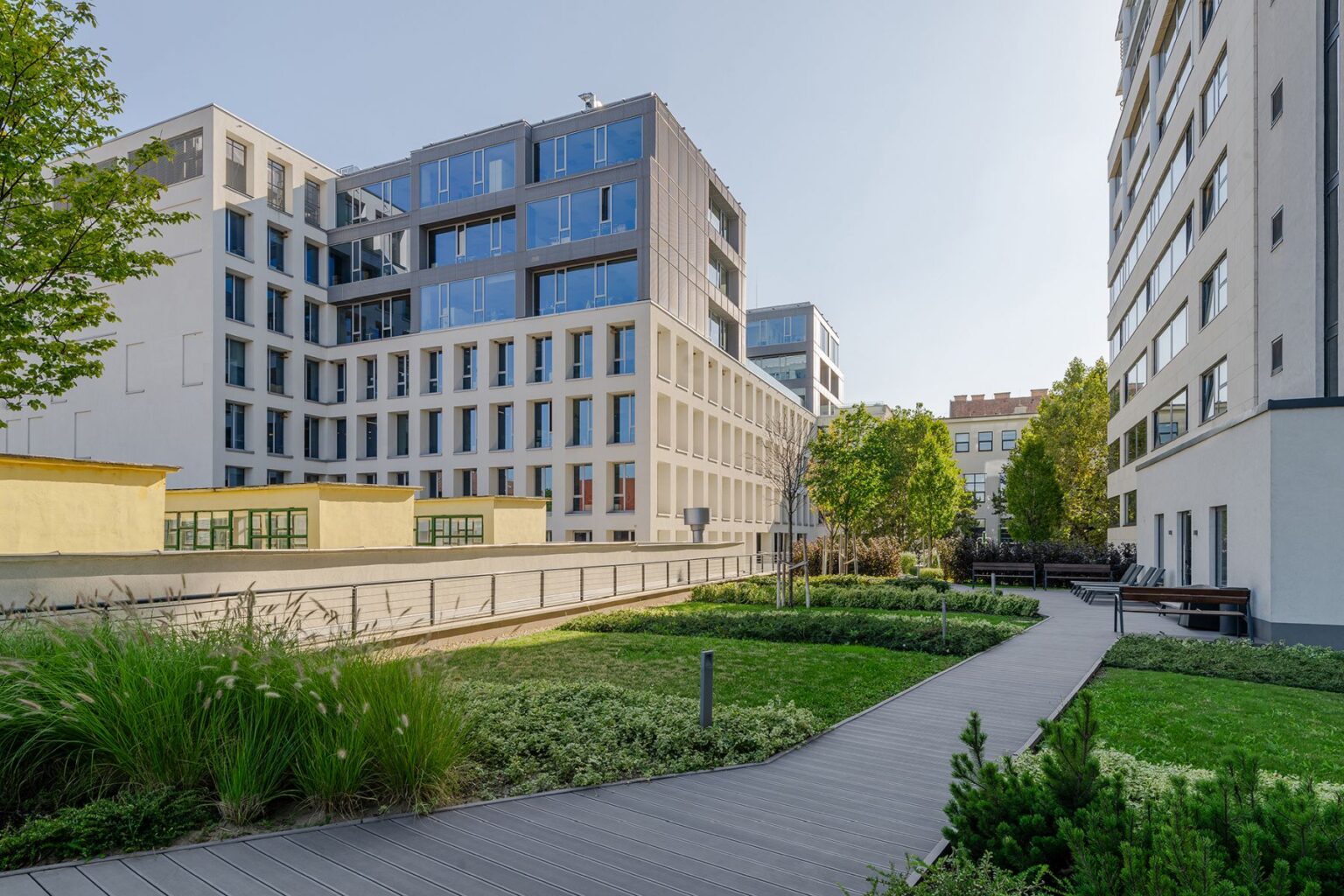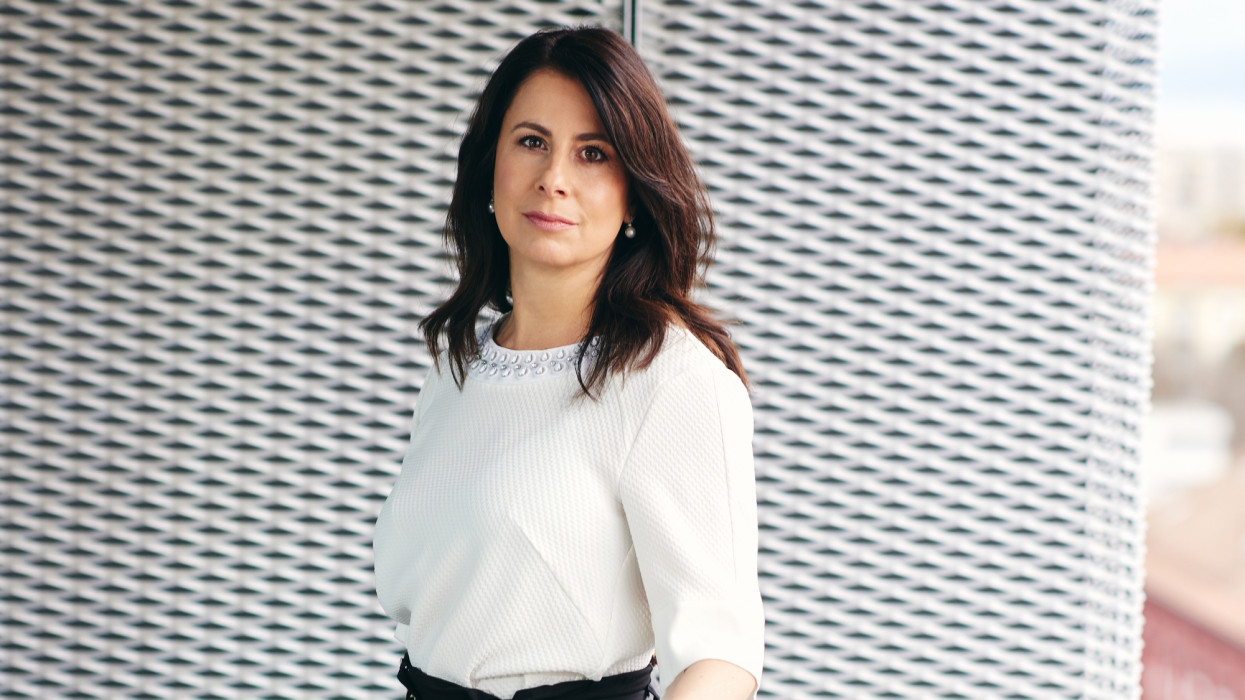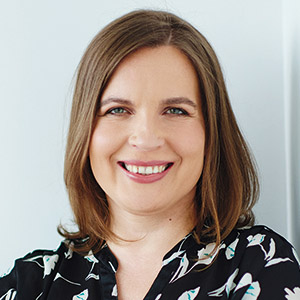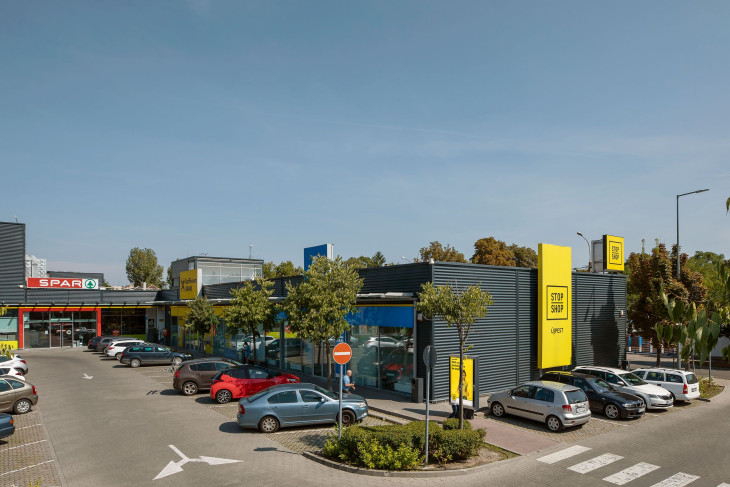“This is a much more exciting time than during the financial crisis of 2009-2010, when we were faced with the realization that we were not able to do much because nobody had the money for it,” recalls Mátyás Gereben, country manager of CPI Hungary.
“For now, the CEE market is safe, financially. The war will impact the world economy, but, at the moment, there are opportunities to act, not just to acquire physical assets, but to bring the whole group up to another level,” he argues.
“If we do not explore the direction we want to travel now, we will fail to understand how we can succeed in making ourselves future proof,” he adds.
“I am greatly optimistic we will not only acquire new tenants and properties to expand the business but also transform it in a way that we can be here at least for another 30-50 years and remain a significant player,” Gereben insists.
To that end, there have been developments both internationally and locally. In February, CPI Property Group SA acquired a majority stake in Immofinanz AG. That same transaction also gives CPI PG control of the 26.5% stake Immofinanz holds in Vienna-based rival S Immo AG.
“As CPI Hungary and a group, we are in a transformation phase, becoming a real pan-European investor and asset holder,” he explains.
The group has long taken the strategic view that, as a long-term asset holder, it prefers to undertake its property and facility management duties in-house rather than contracting that work out.
When CPI PG bought the retail portfolio of CBRE GI, covering the Czech Republic, Hungary, Poland and Romania, for EUR 650 million in 2017, CPI Hungary got the Campona Shopping Center, among other properties.
“At that time, we did not feel we had the in-house knowledge for operating and property managing a retail portfolio,” Gereben says. In the intervening years, those skill sets have been developed.
Thus, retail management (asset, leasing, marketing, and legal) has been handled internally since April. The number of CPI Hungary employees has also increased from 52 to 83, representing an increase of almost 40%. The move means the company can now offer full scope PM and FM activities in all the sectors in which it operates.
Living with COVID
While much of the world seems to have decided it has to learn to live with COVID, that doesn’t mean it won’t still have a business impact, although it is not yet clear what it might be.
For example, home office proved such a success, most corporate organizations feel they have to offer the opportunity in a hybrid working model. That would seem to suggest businesses would need less office space, but Gereben says he sees no evidence of that thus far.
While that may seem counterintuitive, companies do not yet fully understand who will be working where, when, and doing what.
“When it comes to leasing new office space, we also see hesitancy,” the country manager says. That means companies who were not already committed to moving to new purpose-built premises, say, would rather extend existing leases than move somewhere new.
For now, that seems likely to remain the case, at least until businesses can get a better handle on what will be done in offices and how the space can best be used to achieve that.
When it comes to the war, CPI PG has “marginal” exposure through a single hotel property in Russia, but, to date, there has been little direct impact on Hungarian operations, Gereben says.
It is possible, over time, that investors might assign Hungary a higher risk factor when making their assessments on properties of portfolios because of the geographical closeness to the war, but there is no sign today of that happening. It might become more prominent if the war is prolonged, but that is the great unknown for now.
Where the war does have a direct impact is in accelerating inflation, and in particular, on the rising costs for office fit-out.
“For day-to-day office expenses such as cleaning and maintenance, there might be some increase in services prices, but that is nowhere near as significant as the fit-out and renovation cost increases,” Gereben explains.
No Formality
Last year, the fit-out element of a lease contract was “a formality,” he says. “Today, it is much tougher; the fit-out cost is becoming so expensive that it can be the main focus, not the basic rental fee.”
Every cycle ends unexpectedly, Gereben points out, whether in a war, a pandemic, or an economic crisis. “The past 20 years have been full of ups and downs across all asset classes. Five years ago, everyone said you should steer clear of logistics, and look at that now.” Fundamentally, there will remain a need for office space, he says.
The other significant influencing factor right now is the environmental, social and governmental trend. The challenge here is that while everyone thinks it is a good idea, there is no universal agreement on what it is precisely or how to measure it.
“The news that the king is coming has reached the villages much faster than the king himself,” Gereben jokes. The situation is not dissimilar to that of 10 years ago when so-called “green certification” from BREEAM and LEED were still market-differentiating novelties. But certification for WELL and Access4you also touch on societal aspects and are much more complex.
Sustainability itself is much better understood, the country manager says, and is key to CPI, which is creating a framework within which it can operate and influence others, such as its own staff, as well as tenants and service providers.
Two major programs have seen CPI Hungary install solar parks on top of the Polus and Campona shopping centers, with a combined capacity of 1.5 megawatts per year.
It is also in the middle of working through its energy sources. All energy in common spaces in CPI buildings is certified as coming from green energy. The next stage is to go through a similar process with the tenants.
Elsewhere, the company is refurbishing its Arena Corner and Andrássy Palace buildings “to meet tenants’ higher expectations” and completing its large-scale project to refresh Campona.
It is, as Gereben says, “a very busy time.”
This article was first published in the Budapest Business Journal print issue of May 6, 2022.



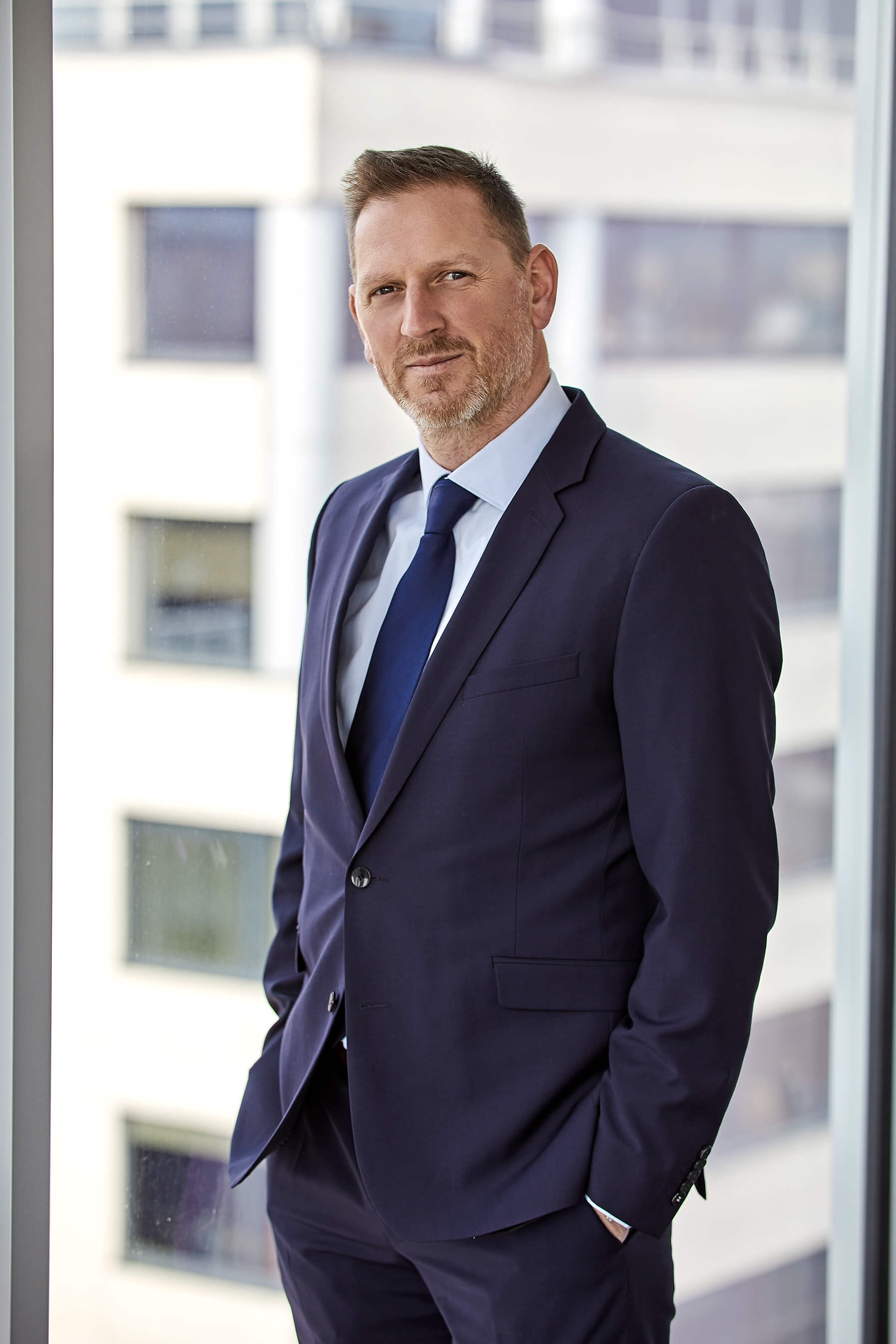
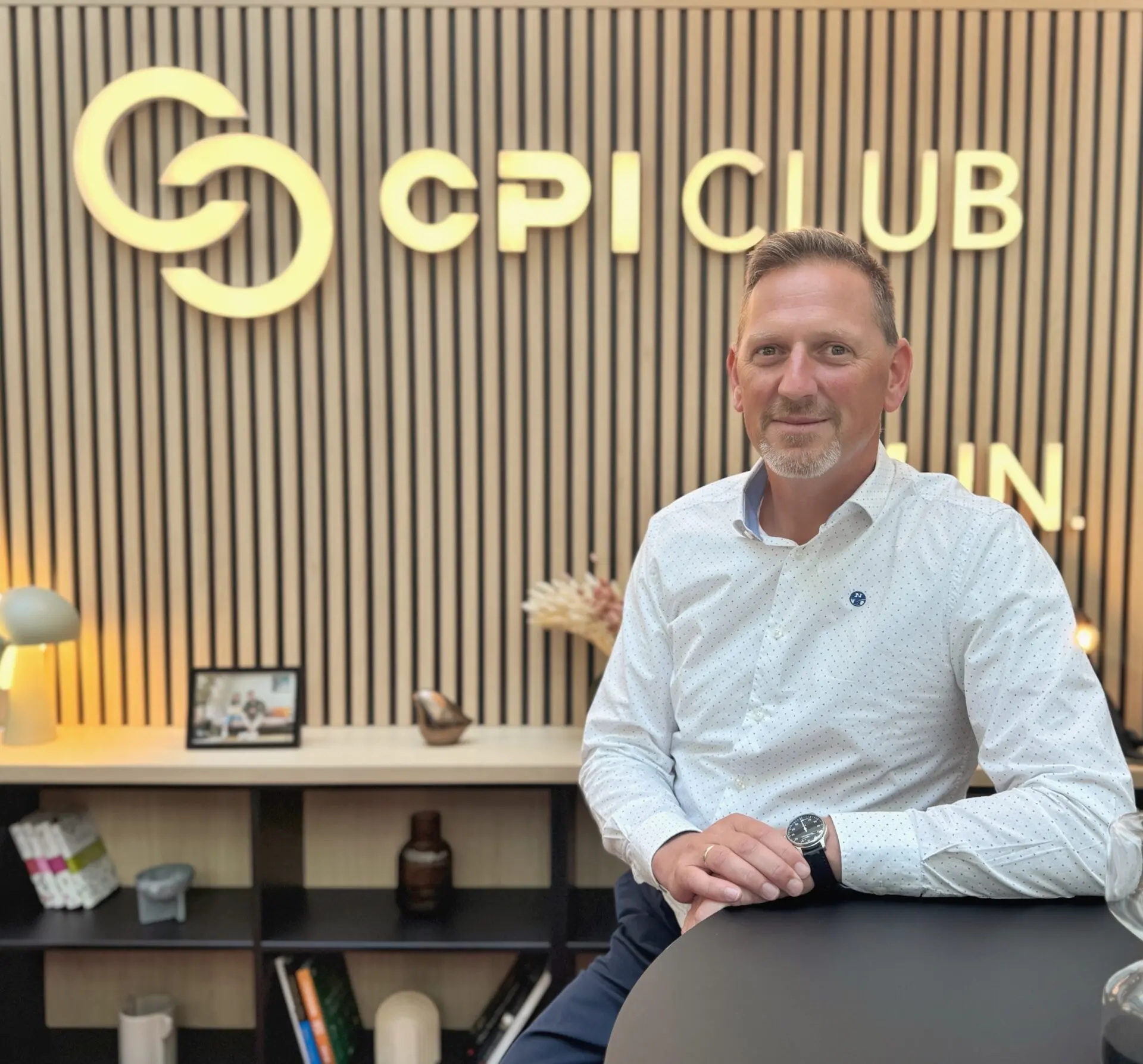
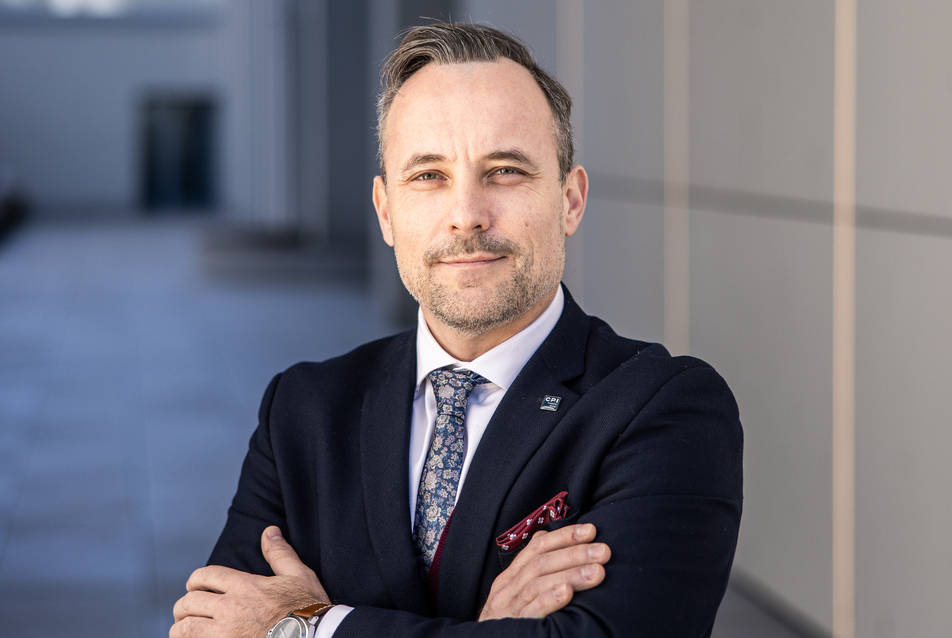
.jpg)
